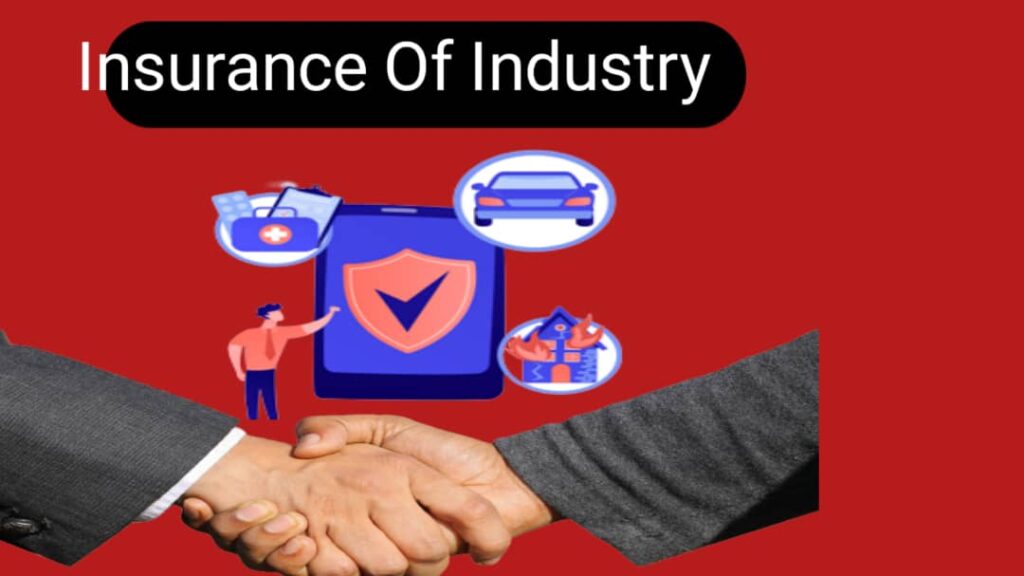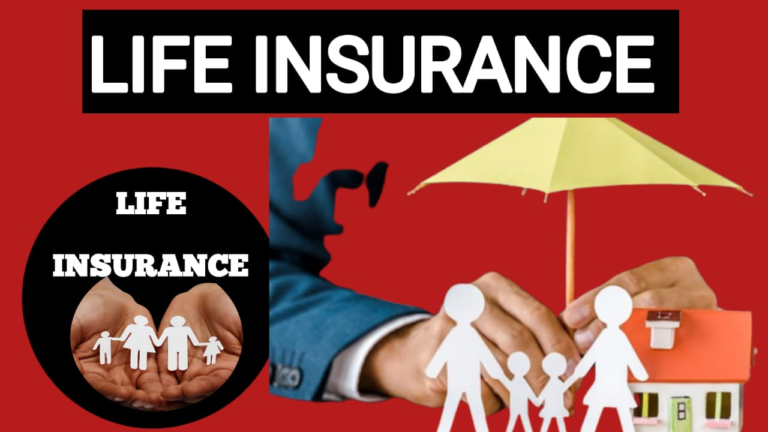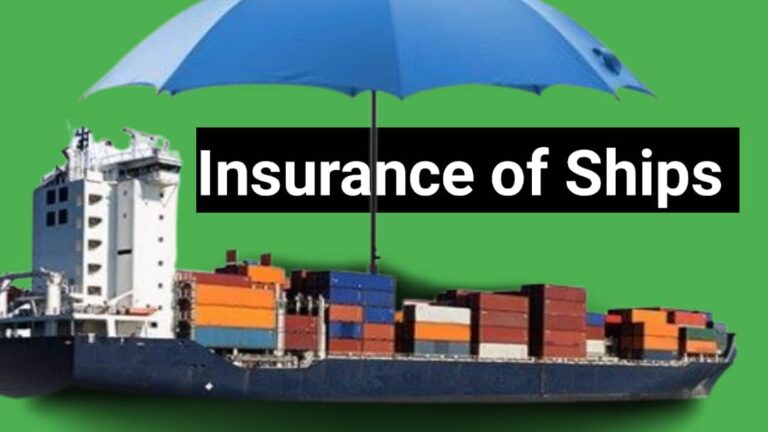INSURANCE OF INDUSTRY

Insurance plays a crucial role in protecting various industries against potential risks and uncertainties. Here are some key points regarding the insurance of industries:
Property Insurance: Property insurance covers physical assets such as buildings, machinery, equipment, and inventory against risks like fire, theft, vandalism, or natural disasters. It helps businesses recover financially by providing compensation for repair or replacement costs.
Business Interruption Insurance: Business interruption insurance provides coverage for the loss of income and ongoing expenses when a covered event disrupts normal business operations. It helps businesses recover lost profits during the period of interruption, such as after a fire or other insured event.
Liability Insurance: Liability insurance protects businesses from legal liabilities and financial obligations arising from third-party claims for bodily injury, property damage, or other related losses. Common types of liability insurance include general liability insurance, product liability insurance, professional liability insurance, and public liability insurance.
Workers’ Compensation Insurance: Workers’ compensation insurance provides coverage for employees who suffer work-related injuries or illnesses. It helps cover medical expenses, rehabilitation costs, and lost wages for injured workers. Workers’ compensation insurance is typically mandatory for employers in many jurisdictions.
Directors and Officers (D&O) Insurance: D&O insurance protects the directors and officers of a company from personal liability for alleged wrongful acts committed in their roles. It provides coverage for legal defense costs and settlements or judgments in the event of lawsuits related to decisions or actions taken by corporate managers.
Cyber Insurance: Cyber insurance protects businesses against losses and liabilities resulting from cyber-related incidents, such as data breaches, hacking, or other cyber-attacks. It can cover costs associated with data recovery, legal expenses, notification to affected parties, and potential liability claims.
Environmental Liability Insurance: Industries involved in activities with potential environmental risks, such as manufacturing, waste management, or energy production, may opt for environmental liability insurance. It provides coverage for cleanup costs, legal expenses, and damages resulting from pollution or environmental damage.
Professional Indemnity Insurance: Professional indemnity insurance, also known as professional liability insurance, is important for industries that provide professional services. It covers claims arising from errors, omissions, or negligence in the provision of professional advice or services. This type of insurance is commonly carried by professions like lawyers, consultants, architects, engineers, and healthcare providers.
Product Recall Insurance: Product recall insurance provides coverage for the costs associated with recalling a product from the market due to safety concerns or defects. It helps cover expenses like notification, transportation, product testing, and potential liability claims.
Risk Management and Loss Control: Industries should employ robust risk management strategies, including safety protocols, regular inspections, employee training programs, and other loss control measures. Effective risk management helps minimize potential incidents, reduce insurance premiums, and ensure the adequacy of insurance coverage.
It’s important for businesses in various industries to work closely with insurance professionals, brokers, and underwriters who understand the specific risks and requirements of their industry. These experts can help assess the unique needs of the industry, customize insurance coverage, and provide guidance on risk management strategies to protect assets, employees, and overall business operations.
Certainly! Here are some additional details and considerations regarding the insurance of industries:
Product Liability Insurance: Product liability insurance protects businesses that manufacture or sell products from claims arising from product defects or failures that cause harm to consumers. It covers legal defense costs, settlements, or judgments related to product liability lawsuits.
Equipment Breakdown Insurance: Equipment breakdown insurance, also known as boiler and machinery insurance, provides coverage for the repair or replacement of machinery and equipment due to mechanical breakdown or electrical failure. It helps businesses resume operations quickly and covers associated business interruption losses.
Crime Insurance: Crime insurance protects businesses against financial losses resulting from criminal activities such as theft, fraud, embezzlement, or forgery. It covers losses of money, securities, or property caused by employee dishonesty or third-party criminal acts.
Supply Chain Insurance: Supply chain insurance provides coverage for disruptions or losses within a company’s supply chain. It helps businesses recover from events like supplier insolvency, transportation delays, natural disasters, or political unrest that impact the flow of goods or services.
Key Person Insurance: Key person insurance, also known as key employee insurance, provides coverage for the financial impact that may result from the disability, illness, or death of a key employee. It helps businesses mitigate the potential loss of key personnel who play critical roles in the organization’s success.
Marine Cargo Insurance: Marine cargo insurance protects businesses involved in the import/export or transportation of goods by sea, air, or land. It covers loss or damage to cargo during transit, including risks such as theft, damage from accidents, or natural disasters.
Energy Insurance: Energy insurance is specific to the energy sector and covers risks associated with the exploration, production, and transportation of energy resources such as oil, gas, and renewable energy. It includes coverage for property, liability, and business interruption risks unique to the industry.
Captive Insurance: Some industries may establish captive insurance companies to self-insure their risks. Captive insurance allows businesses to retain a portion of their risk and customize insurance coverage to their specific needs. It can provide financial benefits, greater control over claims, and potential tax advantages.
Risk Engineering and Loss Prevention: Insurance providers often offer risk engineering and loss prevention services to help businesses identify and mitigate potential risks. This can include conducting risk assessments, recommending risk control measures, and providing safety training programs to reduce the likelihood of accidents or losses.
Policy Review and Updates: As industries evolve and face new risks, it’s important for businesses to regularly review their insurance policies and coverage to ensure they adequately address their current needs. Policy reviews can help identify any gaps or deficiencies in coverage and provide an opportunity to update insurance programs accordingly.
It’s crucial for businesses in different industries to work closely with insurance professionals with expertise in their specific field. These professionals can provide industry-specific knowledge, assess risks accurately, recommend appropriate insurance coverages, and help develop comprehensive risk management strategies to protect the business from potential losses and liabilities






